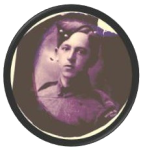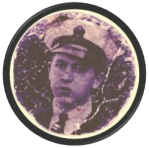 Mum’s been telling me that her family was very lucky in World War One. Nearly all the men were either too old or too young to be conscripted and many of the others were in reserved occupations (mainly coal-mining). In fact, she knows of only four who served with the armed forces and three of these survived.
Mum’s been telling me that her family was very lucky in World War One. Nearly all the men were either too old or too young to be conscripted and many of the others were in reserved occupations (mainly coal-mining). In fact, she knows of only four who served with the armed forces and three of these survived.
The first was her grandfather, Irving Boyes, who was conscripted into the King’s Own Yorkshire Light Infantry (KOYLIs) and never went further than their Pontefract barracks, possibly because, at only 4’ 10” tall (and with a dodgy knee which he’d broken at some time), he would have struggled to get his pack and his rifle clear of the ground, let alone march very far. He already had excellent clerical skills, however, and spent his war in the regimental office
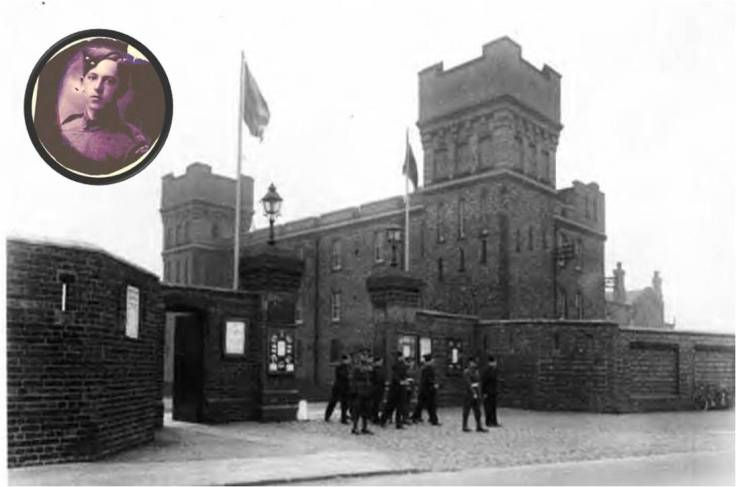
Then came his brother, Billie, who was born in July 1900 and so only turned eighteen as the war was drawing to its close. He was conscripted into the newly-formed Royal Air Force where he served as a mechanic and also never left England. In later life he once remarked that he had never flown except accidentally – when they’d been testing an engine after repairs and the plane had unexpectedly taken off!
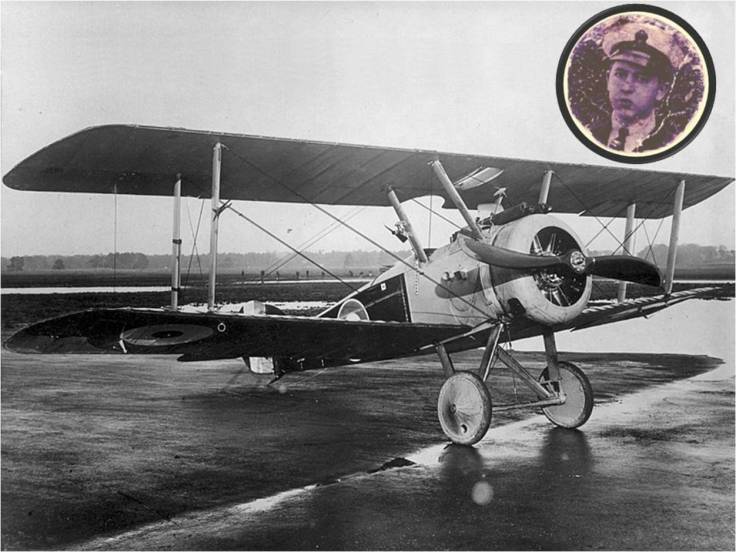
Not quite so fortunate was their brother-in-law, Walter Shillito, who was conscripted into the Royal Leicester Regiment (Leicester Tigers). He went to France where he was wounded badly enough to be sent back to England to recuperate, before being sent back to the front – at which point his luck changed as the ceasefire was announced as he was on the journey back. He always claimed he then got drunk for three days and then took him two more weeks to find his regiment, but whether that was because it kept moving about or because he wasn’t looking very hard we never found out!
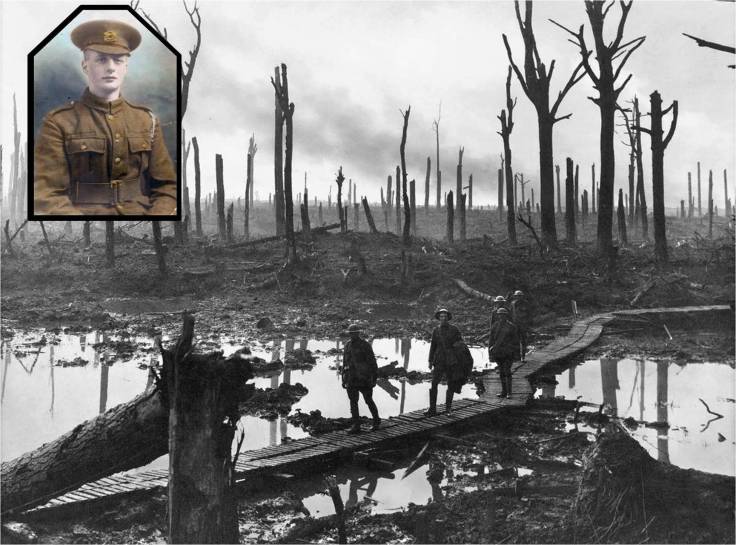
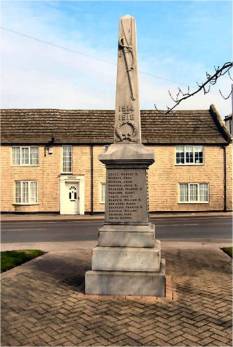 The only one not to survive the war was Mum’s grandmother’s brother, John Mercer, known as Jack. He served with the East Yorkshire Regiment and was killed at the Battle of Sambre in France on November 4th 1918, leaving behind a widow and two young daughters. He is buried in the military cemetery at Romeries and commemorated on the war memorial in Ferrybridge, where he was born and brought up.
The only one not to survive the war was Mum’s grandmother’s brother, John Mercer, known as Jack. He served with the East Yorkshire Regiment and was killed at the Battle of Sambre in France on November 4th 1918, leaving behind a widow and two young daughters. He is buried in the military cemetery at Romeries and commemorated on the war memorial in Ferrybridge, where he was born and brought up.![]()
The same day and the same battle also saw the death of Wilfred Owen, the war poet, whose work Mum discovered when she was at school. It had a great influence on her and would eventually be one of the reasons why we spent a long weekend in Belgium in 1998, staying in Brugge/Bruges, but spending a very emotional day visiting the battlefields around Ieper/Ypres, which I’ll tell you about in my next blog.
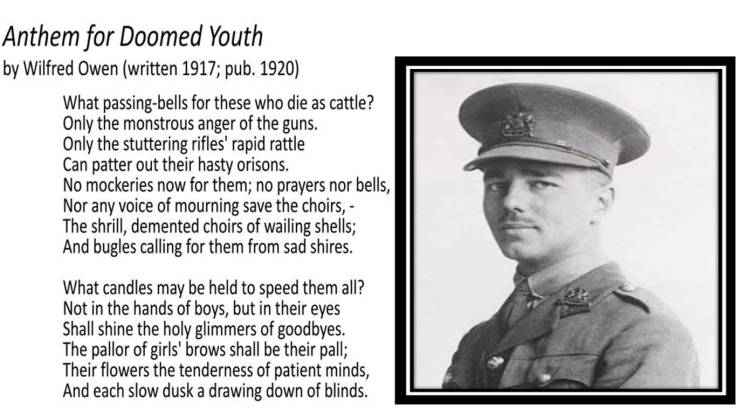
Before I do that, however, Mum asked me to tell you a little bit about two of her gran’s experiences in World War I when she was employed as a lady’s companion to a Mrs Thornton, a wealthy widow from King Cross, Halifax.
The first was in December 1914 when Mrs Thornton had decided they would spend time in Scarborough, renting a house in Alma Square. Hardly had they settled in than the bombardment started and, although the house didn’t receive a direct hit, shells exploding nearby brought down the ceilings, blew out the kitchen fireplace and oven and broke the windows. Neither Gran nor Mrs Thornton was hurt, but they went back to Halifax as quickly as they could.
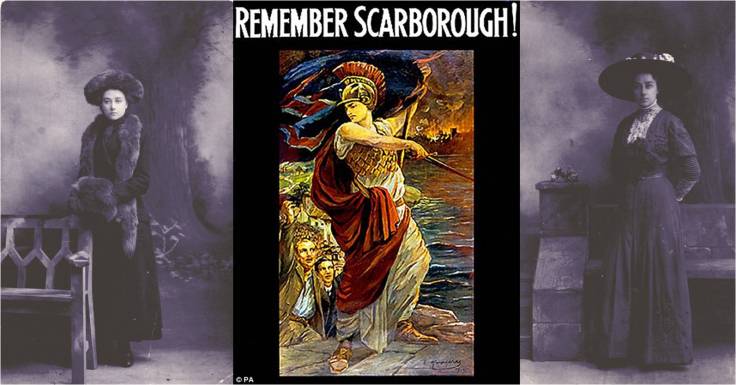
The second incident was in December 1916 when Gran and Mrs Thornton were paying a social visit to a doctor and his family in Crossgates, Leeds. While they were there, there was a terrible explosion at the nearby munitions factory. Thirty-five women were killed and many more were injured. Some of the latter were brought to the doctor’s surgery where Gran helped with first aid and comfort.
The news of the bombardment of Scarborough was widely spread and used as propaganda to encourage more men to volunteer for the armed forces – news of the explosion at Crossgates was suppressed for six years to protect public morale. Both prove the old adage, “The first casualty of war is truth.” It all makes a little bear feel very sad indeed.
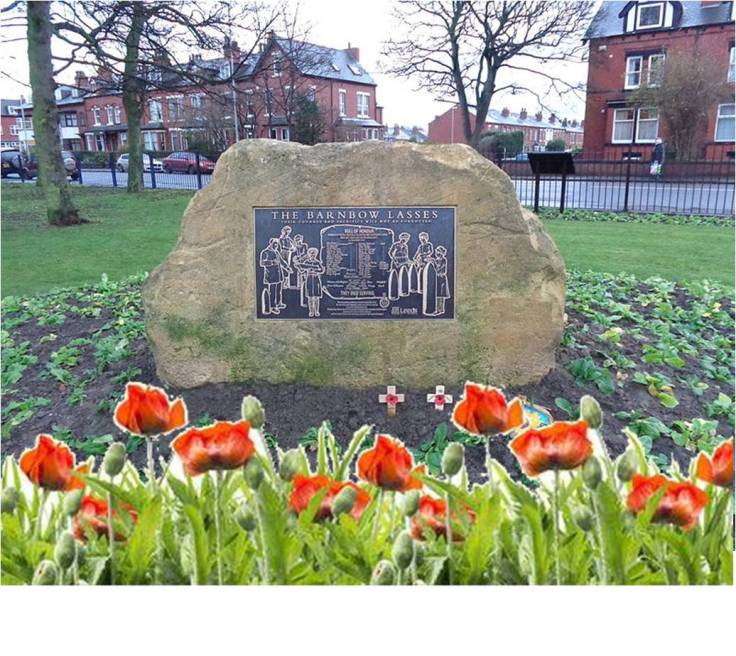

Follow my next blog: 012. LEST WE FORGET: II
11/11/2018

